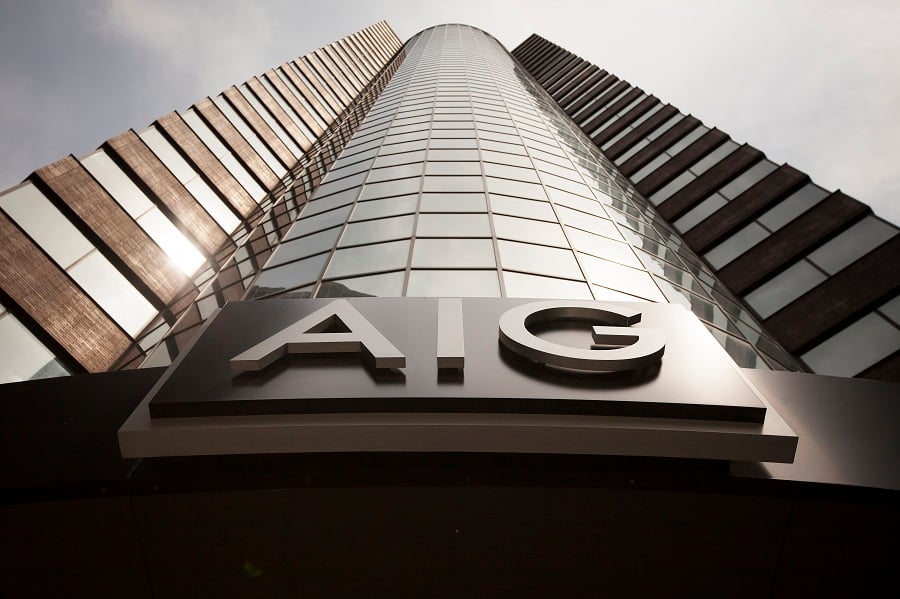Jackson National Life Insurance Co. ceded its six-year reign atop the annuity sales leaderboard to American International Group Inc. last year, as AIG rode a
wave of strong fixed and indexed annuity sales to overtake the former No. 1.
AIG sold $18.4 billion of fixed and variable annuities last year, a 29% boost over its $14.3 billion in 2017, according to the Limra Secure Retirement Institute, an industry group.
Jackson National, meanwhile, saw sales decline about 5% last year to $17.4 billion. It had been the annuity sales leader since 2012.
Overall, insurers produced strong results last year — only two of the top 10 annuity sellers (Jackson and TIAA) saw their overall annuity sales decline. Product sales last year reached $233.7 billion, up about $30 billion from 2017, which was the worst year for annuity sales in a decade and a half.
Figures are in $ billions.
Source: LIMRA Secure Retirement Institute
A volatile stock market last year and the
death of the Department of Labor fiduciary rule have contributed to a more accommodating sales environment, while rising interest rates have made annuity product features more attractive, according to Jessica Rorar, an annuity planner at ValMark Financial Group.
A boost in fixed-rate and indexed annuities — both product types
smashed previous sales records last year — seemed to help several companies notch big increases, including AIG, Pacific Life Insurance Co., Lincoln Financial Group and Allianz Life Insurance Co. of North America.
AIG in particular saw sales of fixed-rate annuities swell $2.2 billion, to $6.7 billion, and sales of indexed annuities grow $1.5 billion, to $4.9 billion, according to Limra.
Sheryl Moore, owner of consulting firm Moore Market Intelligence, largely attributes AIG's growth to rapid product development and the wide-ranging distribution of its annuities through almost every channel, with the exception of direct-to-consumer (including banks, independent insurance agents, full-service national broker-dealers, independent broker-dealers and career insurance agents).
Rising interest rates last year led to
higher payouts on fixed annuities, attracting consumers. The average interest rate offered on fixed-rate deferred annuities was nearly 3% at the end of 2018, up from 2.6% at the start of the year, according to market research firm Wink Inc.
Stock market volatility toward year-end, beginning in October, also led investors to seek out more conservative financial products.
That environment resulted in a 63% increase in fixed-annuity premiums for ValMark last year, said Ms. Rorar. That total includes single-premium immediate annuities, deferred-income annuities and fixed deferred annuities.
Jackson National, primarily a variable-annuity shop, saw more competition from insurers via product development, Ms. Rorar said.
Lincoln, for example, increased withdrawal rates on its variable annuities multiple times last year, whereas Jackson's remained fairly stable, she said. And, while others favor insurers like Jackson National because it's the only firm that
doesn't place investment restrictions on VAs sold with income riders, insurers like Lincoln and AXA Equitable Life Insurance Co. became a little more lenient with equity allocations than they've been in recent years, she added.
"We congratulate AIG on their No. 1 ranking, and more importantly, we are very pleased to see the annuity industry once again in growth mode," said Jackson National spokesman Patrick Rich.
The Labor Department fiduciary rule's death in court last year also
helped elevate overall annuity sales, experts said. The rule, which was partially in effect for less than a year before being taken off the books, upped investment-advice standards in retirement accounts, thereby making it more difficult for brokers to sell products to retirement savers.







